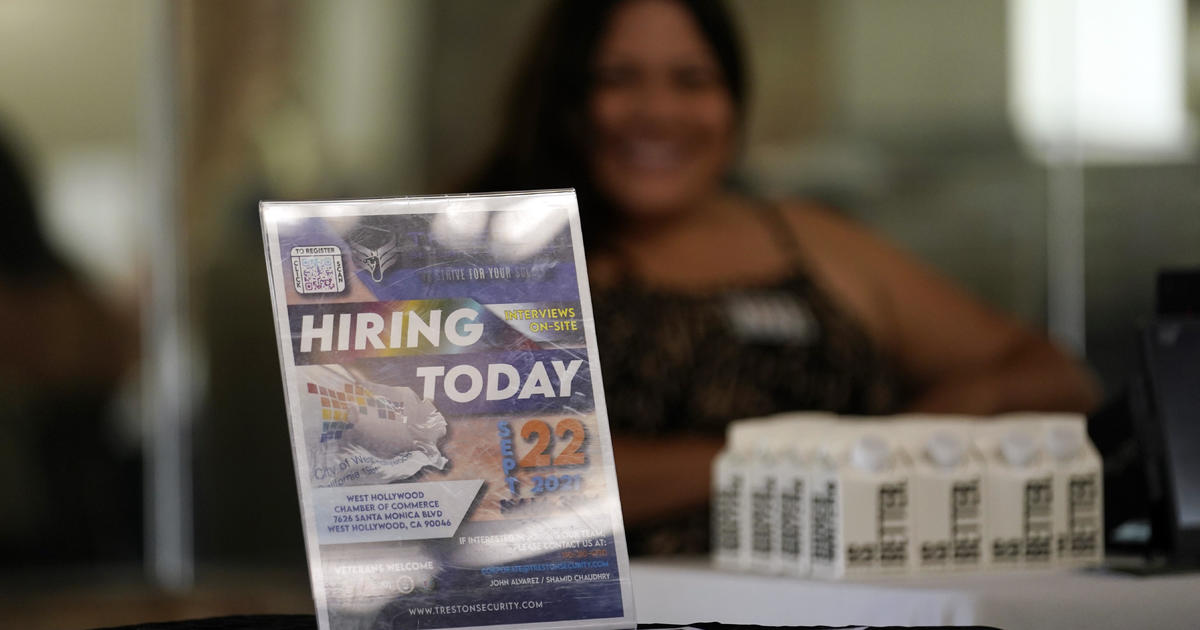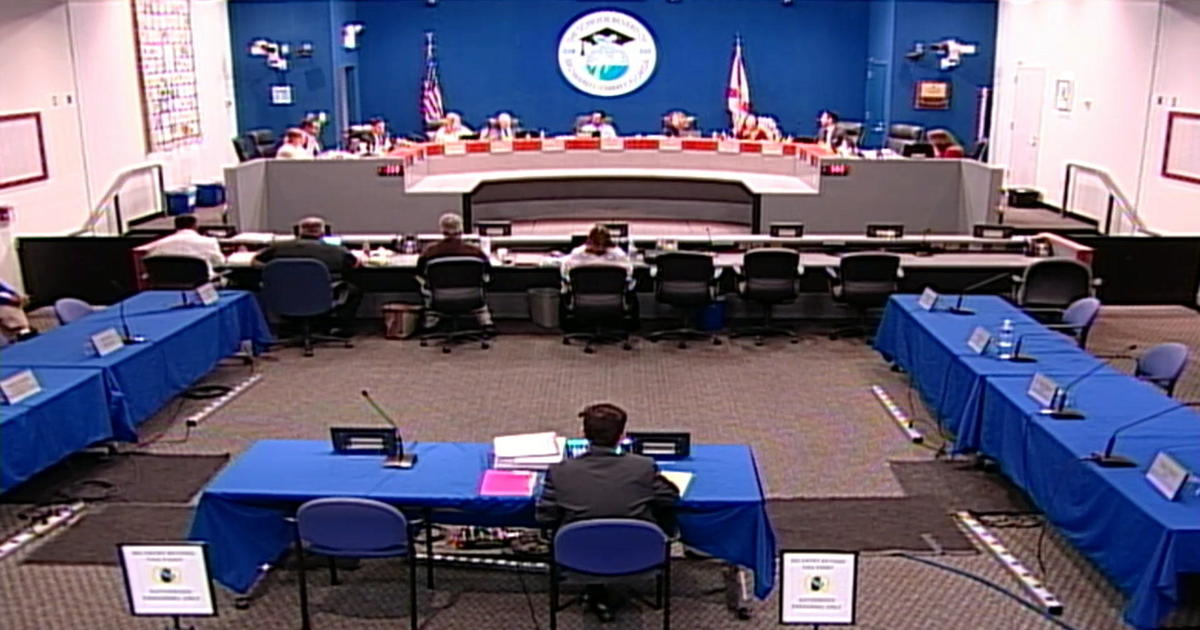Floridians Cost For ACA Coverage Revealed
MIAMI (CBSMiami/AP) - The Affordable Care Act's health insurance exchanges go live on Tuesday and premiums for Florida for a mid-range plan would be approximately $328 a month depending on where the buyer lives in the state.
Of the state's six largest metro areas, premium estimates excluding tax breaks were highest in Orlando and lowest in West Palm Beach and Tampa.
The estimates come from the U.S. Department of Health and Human Services and are based on two scenarios: a 27-year-old and a family of four earning $50,000 a year broken down by region.
A premium for a mid-range health insurance plan for a 27-year-old would cost monthly $207 in Orlando, but only $167 in the West Palm Beach area.
A family of four with an income of $50,000 a year would pay $816 in premiums for the mid-range health insurance plan in Orlando but only $721 in Tampa. Tax credits, though, help equalize the premiums among Florida's metro areas.
Individuals making less than roughly $46,000 a year and a four-person family with an income of less than $94,000 a year will qualify for subsidies to offset costs. The liberal advocacy group Families USA estimates 1.7 million Floridians will be eligible for federal subsidies to help purchase insurance under the state exchange. But the amount will vary widely depending on income, location, the plan, family size, age, and even tobacco use.
Once tax credits are included, that same family of four would have a monthly premium of $282 in all Florida metro areas.
Compared to estimated premiums in other states, Florida's estimated premiums fall squarely in the middle, closely tracking the national average. Floridians wanting to purchase the lowest-cost plan would pay $257 a month on average.
Under the new online exchange, consumers will be able to choose from bronze, silver, gold, platinum and catastrophic plans that offer a range of premiums, deductibles and co-pays depending on variables such as how many doctors they want included in their network.
Anyone making below the poverty line won't be eligible for subsidies through the online marketplace. Federal health officials anticipate roughly 1 million Floridians will fall into a gap where they can't get health insurance because the state rejected Medicaid expansion.
Florida has one of the highest uninsured rates in the country with an estimated 3.5 million lacking insurance.
A 27-year-old, not qualifying for tax credits, could pay as little as $132 a month for the lowest level plan covering only catastrophic events, but spend $229 a month on the highest-benefits plan, known as "gold."
If too many young, healthy adults find those costs too high and instead opt to pay a $100 a year fine, it could throw the entire system off balance as insurers are banking on the enrollment of so-called "young invincibles" to offset the costs of caring for older, sicker adults.
In many counties, Floridians will be able to choose from six or seven carriers. But Bay, Franklin, Glades, Jefferson and Madison were among the 20 mostly rural counties where consumers will only have one option, according to state insurance officials.
"Before the Affordable Care Act was passed, individual markets in way too many states were dominated by just one or two companies and most consumers simply didn't have a lot of options from which to choose," Health and Human Services Secretary Kathleen Sebelius said during a phone call with reporters Tuesday afternoon.
Federal health officials were careful not to definitively say rates would be cheaper under the Affordable Care Act, stressing it's impossible to compare rates to those in the existing marketplace because plans under the new health law are required to cover more benefits. But Cohen said consumers will have high quality coverage at competitive rates, which will be even more appealing after the tax credits.
Florida Republicans are vehemently pushing back against implementing parts of the law. The Florida Department of Health recently ordered county health departments across the state to ban "navigators" from conducting outreach on their property.
However, some of the largest counties in the state, including Broward, Miami-Dade, and Pinellas plan to defy the governor's order to ban the navigators.
Gov. Rick Scott, a vocal opponent of so-called "Obamacare," has also frequently expressed concern about the security of people's personal information, including their tax information and Social Security number, as they sign up for health coverage.
(TM and © Copyright 2013 CBS Radio Inc. and its relevant subsidiaries. CBS RADIO and EYE Logo TM and Copyright 2013 CBS Broadcasting Inc. Used under license. All Rights Reserved. This material may not be published, broadcast, rewritten, or redistributed. The Associated Press contributed to this report.)



